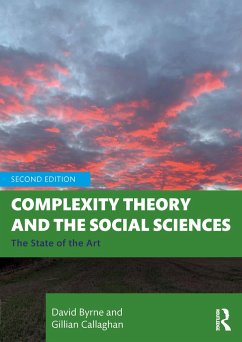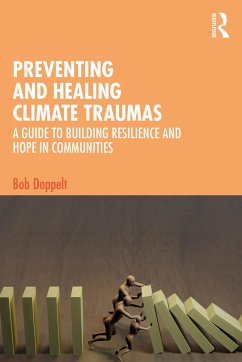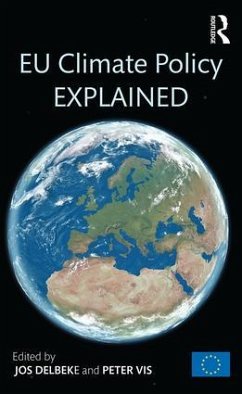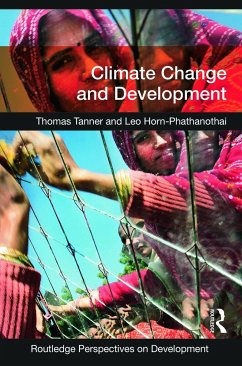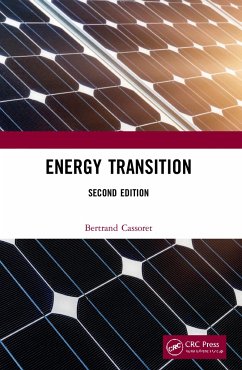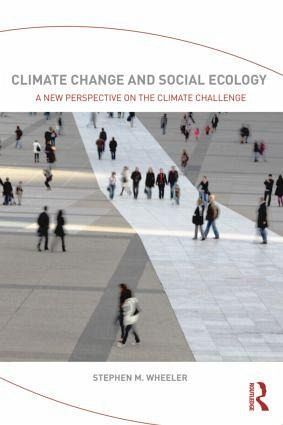
Climate Change and Social Ecology
A New Perspective on the Climate Challenge
Versandkostenfrei!
Versandfertig in 6-10 Tagen
40,99 €
inkl. MwSt.
Weitere Ausgaben:

PAYBACK Punkte
20 °P sammeln!
Although strategies to prevent global warming - such as by conserving energy, relying on solar and wind power, and reducing motor vehicle use - are well-known, societies have proved unable to implement these measures with the necessary speed. They have also been unwilling to confront underlying issues such as overconsumption, overpopulation, inequity, and dysfunctional political systems. Political and social obstacles have prevented the adoption of improved technologies, which would provide only a partial solution in any case if the fundamental causes of greenhouse gas emissions aren't address...
Although strategies to prevent global warming - such as by conserving energy, relying on solar and wind power, and reducing motor vehicle use - are well-known, societies have proved unable to implement these measures with the necessary speed. They have also been unwilling to confront underlying issues such as overconsumption, overpopulation, inequity, and dysfunctional political systems. Political and social obstacles have prevented the adoption of improved technologies, which would provide only a partial solution in any case if the fundamental causes of greenhouse gas emissions aren't addressed.
Climate Change and Social Ecology takes a new approach to the climate crisis, portraying global warming as a challenge of rapid social evolution. This book argues that, in order to address this impending catastrophe and bring about more sustainable development, we must focus on improving social ecology - our values, mind-sets, and social organization. Steps to do this includeinstitutional reforms to improve democracy, educational strategies to encourage public understanding of complex issues, and measures to prevent corporations and the wealthy from shaping societies in other directions instead. This book presents a captivating vision of how to help social systems evolve toward sustainability and explores the social transformations needed for dealing with the climate crisis in the long term. It reviews the climate change strategies considered to date, presents a detailed description of a future sustainable society, and analyzes how this vision might be realized through more conscious public nurturing of our social systems.
This interdisciplinary volume provides a compelling rethink of the climate crisis. Authoritative and accessible, it will be of great interest to anyone concerned about climate change and sustainability challenges and is essential reading for students, professionals, and general readers alike.
Climate Change and Social Ecology takes a new approach to the climate crisis, portraying global warming as a challenge of rapid social evolution. This book argues that, in order to address this impending catastrophe and bring about more sustainable development, we must focus on improving social ecology - our values, mind-sets, and social organization. Steps to do this includeinstitutional reforms to improve democracy, educational strategies to encourage public understanding of complex issues, and measures to prevent corporations and the wealthy from shaping societies in other directions instead. This book presents a captivating vision of how to help social systems evolve toward sustainability and explores the social transformations needed for dealing with the climate crisis in the long term. It reviews the climate change strategies considered to date, presents a detailed description of a future sustainable society, and analyzes how this vision might be realized through more conscious public nurturing of our social systems.
This interdisciplinary volume provides a compelling rethink of the climate crisis. Authoritative and accessible, it will be of great interest to anyone concerned about climate change and sustainability challenges and is essential reading for students, professionals, and general readers alike.





